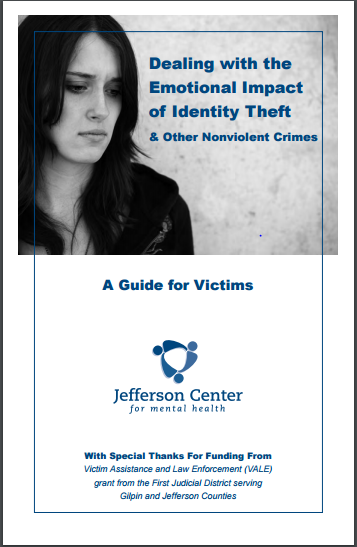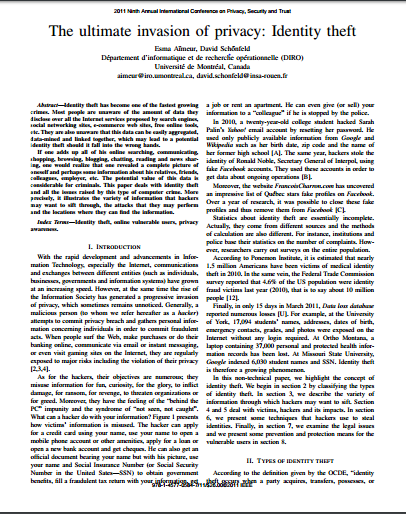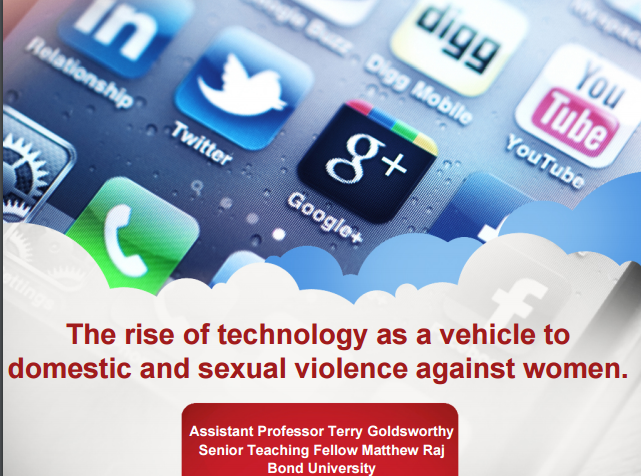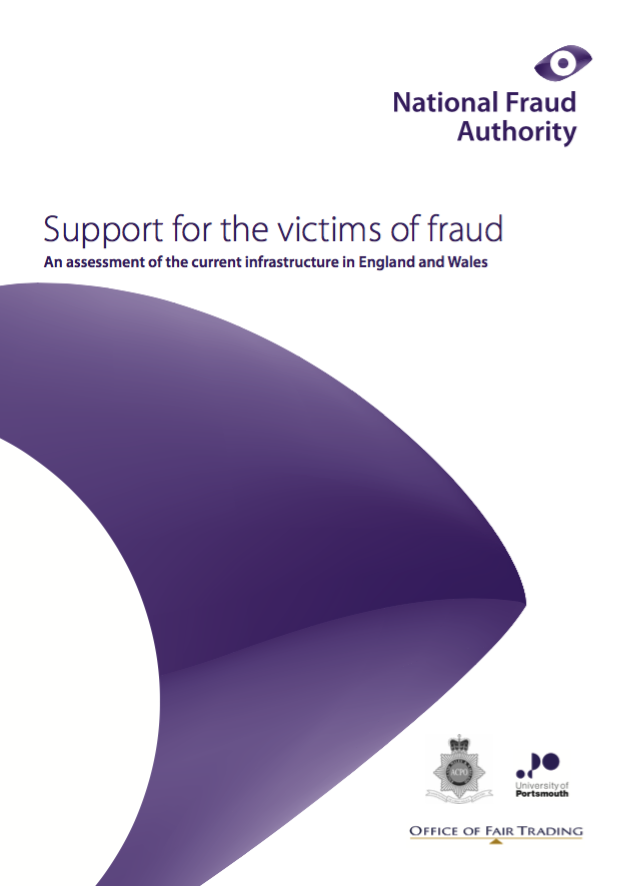- Home
- Knowledge Database
For a quick search in the Knowledge database below, please use the search box. Also, note that using one or more of the dropdown filters will optimise your search.
Watch this video to find out more about our Knowledge Database and the publications we have collected here for you: video
Knowledge Database
-
Identity theft, identity fraud and/or identity related crime
Keywords: victimisation -
The ultimate invasion of privacy: Identity theft
This paper deals with identity theft and all the issues raised by this type of computer crime. More precisely, it illustrates the variety of information that hackers may want to sift through, the attacks that they may perform and the locations where they can find the information.
-
The rise of technology as a vehicle to domestic and sexual violence against women
Terry Goldworthly and Matthew Raj - Bond University | Published in 2015
It describes how the rise of technology has impacted on criminal activities. In particular, it analyses the intersection of technology with domestic and sexual violence, as well as the legal responses
Keywords: family, victim services -
Support for the victims of fraud
There are hundreds of thousands of people who become victims of fraud every year. Some do not know they are victims and some know but do not report it. Only a minority of victims (bar identity fraud) report it. The support those victims receive varies from nothing to the most extensive and very best support that could possibly be provided. The structures that exist for fraud victims also vary significantly from other crime victims. There is significant support provided by the private sector, General observations will also be made on the whole fraud support infra-structure. General recommendations will be made throughout the report, with the aim of stimulating further thought and debate. Whilst victims of crime in England & Wales have achieved increasing recognition on the wider criminal justice agenda, due primarily to the politicization of victims’ issues since 1990, this has voluntary bodies, and state organisations. This report will seek to capture this infra-structure of support offered to the victims of fraud setting out the strengths, weaknesses and gaps. It will undertake this task by mirroring the three main components of the ‘process’. First of all, support at the reporting stage will be assessed, followed by the ‘reported’ stage, and finally the ‘criminal justice system’ stage. This last stage often includes the possibility of compensation for the victim, although for some frauds, eg, credit card fraud, the financial authorities will often compensate the victim without any further investigation. tended to focus on victims of violent crime and, in particular, on individuals considered vulnerable, for example, the very young, the elderly and female victims of domestic abuse and sexual assault. As a consequence, a plethora of initiatives and policies have been introduced aimed at improving the services and support offered to victims of crime, culminating in the Domestic Violence, Crime and Victims Act 2004, which introduced a Victim’s Code of Practice, implemented from 2005. This Code of Practice outlines the roles and responsibilities of the criminal justice agencies towards victims of crime. However, victims of fraud have not achieved such recognition and hence then, the term ‘silent crime’ is being applied to fraud. Hence, victims are not being offered adequate levels of services and support. A further important distinction among victims is between those who are individual victims of fraud and corporate or small business victims.
Keywords: fraud
© 2024 VSE, All Rights Reserved






